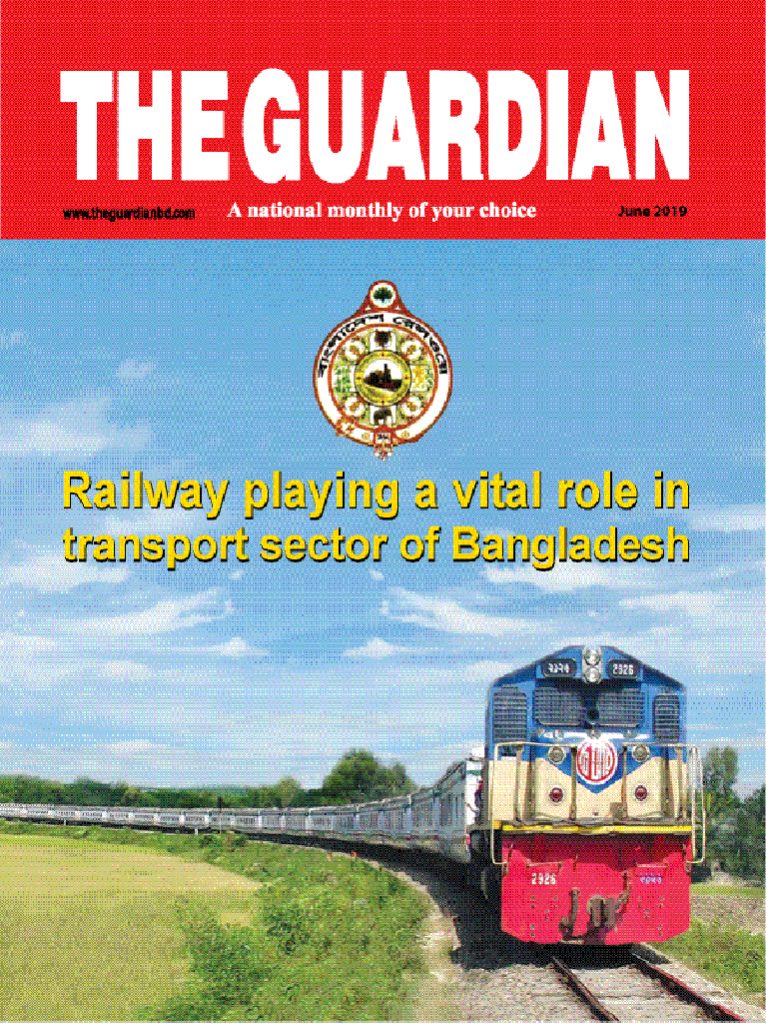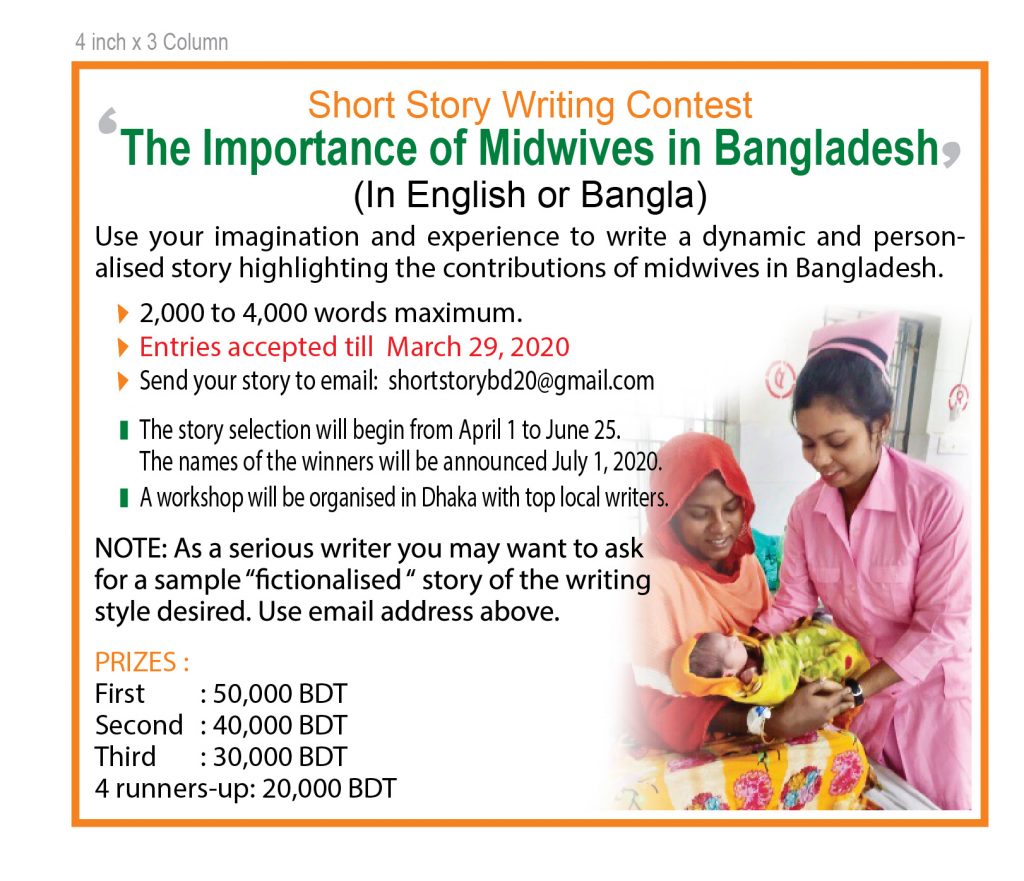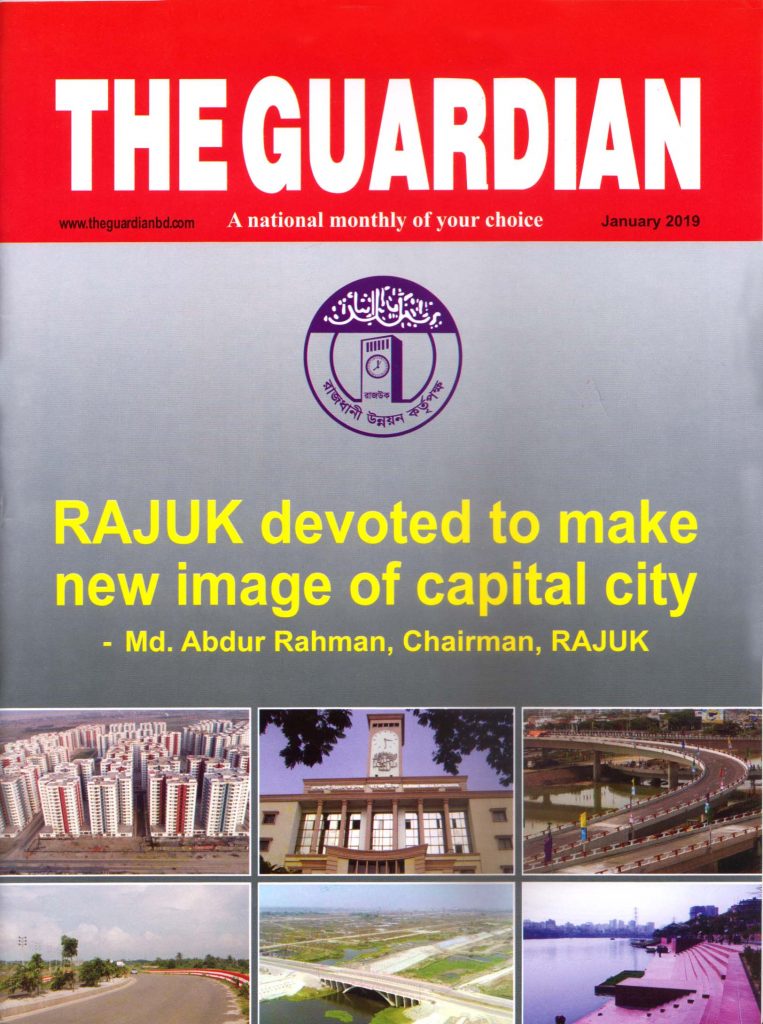The role of educational institutions was very significant in the development of civilizations. In fact, they brought about a revolutionary change in human lives. The educational institution of Bangladesh which deserves discussion at first is DhakaCollege. Here it may be mentioned that DhakaCollege was the only one college in the then East Bengal till 1884. It was established with the introduction of government education policy of 1841.
In 1841, the college branch of DaccaGovernmentSchool was opened. It was named DaccaCentralCollege and later on DaccaCollege. The Lord Bishop of Calcutta The Right Reverend Daniel laid the foundation stone of the college on November 20,1841. Dhaka became the focal point of English education of East Bengal with the founding of this college. During the session 1838-39, there were only eight classes and the number of students was 340. Among the teachers, seven came from England and four were Bangali Pandits. Currently, the number of students is around twenty thousand and 245 highly qualified teachers conduct the educational activities of the college. The college was opened only with intermediate course. But with the passage of time Degree (Hons) and Masters courses had been introduced. These courses are offered by 19 departments with meritorious, skilled, dedicated and professional teachers. It is still now the most attractive and prestigious college of the country for its standard and quality education. Every year a large number of bright students pass the exams with excellent results. It is the premier and top most ranking college of the country. A great number of eminent personalities of home and abroad are the alumni of this college.
It is needless to mention that the then East Bengal was back-dated and in all respects a backward area. The economic and social life, education, culture and administration were old and out-dated. Life was very narrow & out-moded. The students of this college acquired new knowledge and strategy and opened the door of a new life with many facilities. The institution which played the pioneering role for a long time during the colonial rule was DhakaCollege. The modern era of the then East Bengal started with the founding of this college. The students of this college were the leaders of this new revival.
What was the motive of the English behind introduction of English education in India? The purpose was to make an English educated loyal class Indians who would assist in governing India. They would always cherish a strong desire to be English. In this respect Lord Macaulay made an interesting remark. He commented, “The first object must be to raise up an English educated middle class who may be interpreters between us and the millions whom we govern- a class of persons Indian in colour and blood, but English in tastes, in opinions, in morals and in intellects”.
J. Ireland, educated from CambridgeUniversity, was appointed the first Principal of Dhaka College. He was the main organizer of the college. The college was immensely benefited to have a personality like J. Ireland as the first principal. He noticed that the students attended classes sitting on mat. He realized that it was not befitting for a govt. college. So he decided to supply bench to every class especially for the higher classes. It may be mentioned that almost all expenditures of this college was borne by the govt. Even books were supplied gratis. Ireland had the vision for all round development of the students. This would help develop their mental faculty along with sound body. Brotherhood, amity, tolerance and sportsman spirit would grow and develop. Debate and essay writing would make them aware of the problems of the country so that they could play an effective role in solving the problems. It would be possible to maintain friendship, good will and amity by implementing liberal and secular education policy.
Ramlochon Ghosh, a patron of learning donated one thousand rupees at the time of founding DhakaGovt.School. The college authority gave prizes among the students with the annual interest. One of the prizes of eight rupees was given on the good conduct of the students. For the betterment of education the authority brought good books from England. The students could purchase those books. Among those books, there were poetical works of Milton and Shakespeare, Bacon’s & Goldsmith’s essays. After three years untiring efforts, Ireland made the way easy for DhakaCollege. But it was a matter of great regret that he died of fever on August 25, 1844. The students, teachers & employees were afflicted with grief at the sad demise of the first Principal.
After Ireland Dr. T.A. Wise, a surgeon of military service took the charge of the principal. Taking over charge, he paid close attention to the development of the college especially in respect of maintaining discipline and punctuality. He attached greater importance on the regular attendance of the students in classes and struck off the roll from the register for prolonged absence. He put great emphasis on teaching English as well as Bangla. But the students who came mainly from well off and aristocratic families were enthusiastic in learning English only. There was no arrangement for drinking water at the college compound. In summer when there was scorching heat of the sun, the thirsty students and native teachers had to go to the Buriganga located at a long distance to quench their thirst. In 1845, Dr. Wise made arrangement for pitcher filled with water to solve this problem.
Steps taken by the college authority and the people of Dhaka made tremendous progress of Dhaka college. They had a strong desire to build up this college as one of the best academic institutions of Bengal. DhakaCollege would have to compete with PresidencyCollege. HooglyCollege & KrishnanagarCollege. For this, everyone was determined to offer all kinds of facilities to the students.
The establishment of CalcuttaUniversity in 1857 was a landmark in the history of Bengal. In 1905, Bengal was divided and a new province comprising East Bengal and Assam was formed. Its capital was Dhaka. This step was taken for administrative ground. There was a political commitment for the advancement of backward Muslim community. But this step created a vehement reaction among the Hindu community. The colonial govt. annulled the new province to tackle the situation. The govt. promised to found a university to sympathise with the aggrieved Muslim community. Under the Dhaka University Act, DhakaUniversity was established on 1st July, 1921.
DhakaIntermediateCollege was founded separating its FA class from Degree and Masters classes. The newly established DhakaIntermediateCollege was shifted to the then engineering school from Curzon Hall. The other part of the college was merged with DhakaUniversity. The teachers and the employees were appointed and many books and scientific apparatus were supplied to the new university. In 1903, for the students & Students’ Union a commonroom was fixed. It was the first students’ union and common room of the educational institutions of Bangladesh. The Students’ Union would arrange debate & discussions on various current topics, on literature, culture & society. They played active role in arranging indoor games and collecting newspapers and journals. Gradually, students union became the nucleus of college life and creative activities.
The creative work of the students was to stage drama and create literary works The modern age and revival of Bengal was closely related to theatre. Staging drama was very easy for the college students because the English were very fond of drama. The founding of CalcuttaUniversity in 1857 laid the foundation of western education in this country. Various courses were introduced.
The most important addition was science of the western world, medical science, law and engineering. The highly educated, meritorious and devoted teachers came from England to teach these new courses. As a matter of fact, the specific frame work of higher education was built up from this time. The first struggle for freedom interrupted this new environment. It destroyed the economic foundation of British rule. As a result budgetary allocation for education was reduced. But the interest and necessity of the people compelled the govt. to continue the expenditure. DhakaCollege was immensely benefited from this. Gradually, the popularity of DhakaCollege enhanced. Hundreds of students of East Bengal thronged DhakaCollege to study for its quality education.
In its long journey DhakaCollege had to face a lot of problems. But it overcame all problems. The local generous Hindu and Muslim affluent persons extended their helping hands to solve any financial problem. The personal initiative, enthusiasm and endeavour of several British officers help DhakaCollege go ahead with its grand success.
The students of DhakaCollege brought a revolutionary change in the cultural life of East Bengal. It introduced a new culture. The students of other institutions followed them. That tradition is still going on. DhakaCollege played a pioneering role in social, cultural political and literary arena of the country. Debates, literary activities, plays, games and sports, the election of students’ union, even gossiping and rendezvous became the integral part of college life. Through these they enjoyed life and developed their skill & personality. They were able to communicate with outer world. They influenced the social life by their skill, knowledge and contribution So, it is appropriate to say that the students of DhakaCollege played an active role in introducing modern age by their various contributions in the social and cultural life of Bangladesh.
Professor Md. Akbar Hossain son of Md. Chand Ali Biswas and Jobeda Khatun was born on 25th November, 1955 at the village Mohish Bhanga under Pangsha Upazila of Rajbari district. He duly passed the SSC & HSC Exam from RatandiaR.K.High School and PangshaCollege in 1971 and 1973 respectively. He obtained B.A (Hons) degree in English from JahangirnagarUniversity in 1976. In 1977 he obtained Masters Degree in English from the aforementioned University.
He joined the BCS (General Education) cadre as Lecturer in English at Rajbari Govt. College in 1982. He joined Dhaka College as Vice Principal on 28th November, 2011. Before joining Dhaka College, he was Professor and Head of the Dept of English of Eden Mohila College, Dhaka. He received professional training from various institutions. He received the best teacher award of Rajbari district in 1998. He is incredibly popular with his students for his amicable and pleasant behaviour, charming manners, dedicated professionalism and towering personality.









